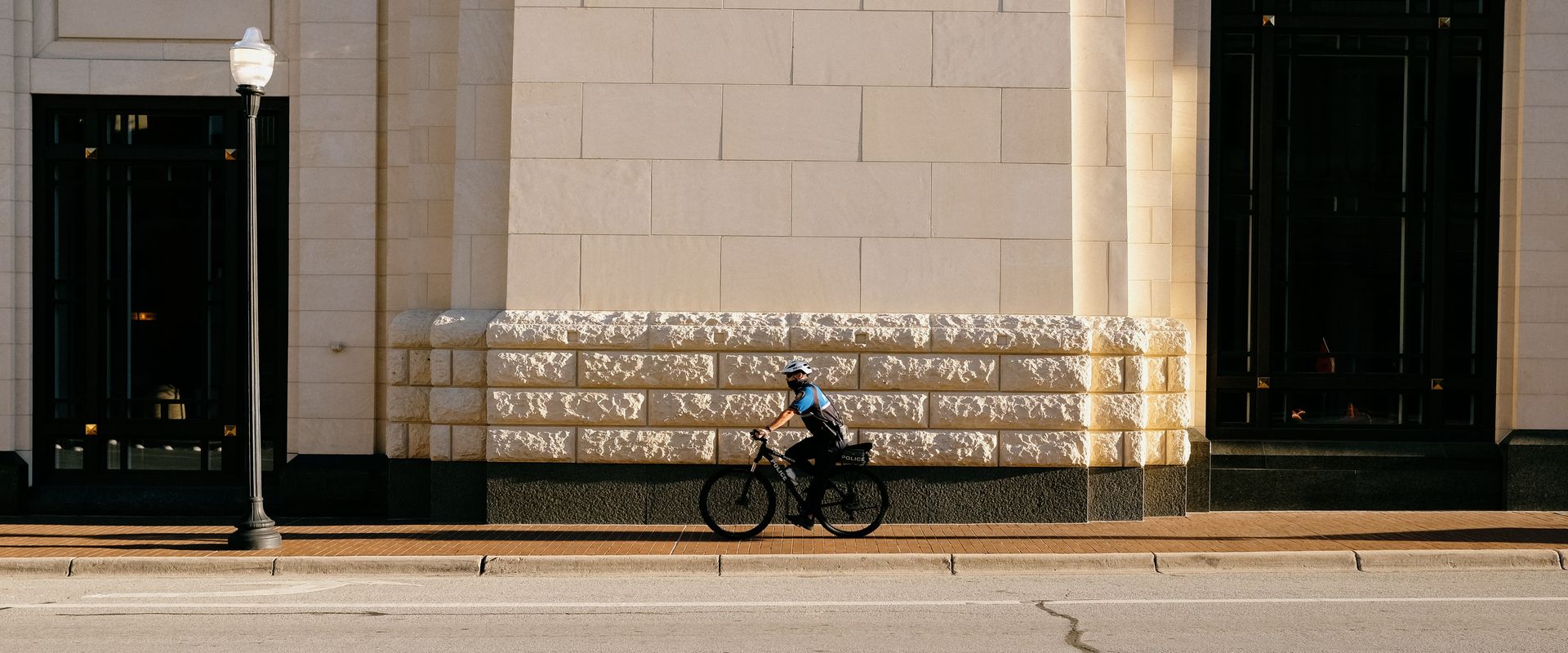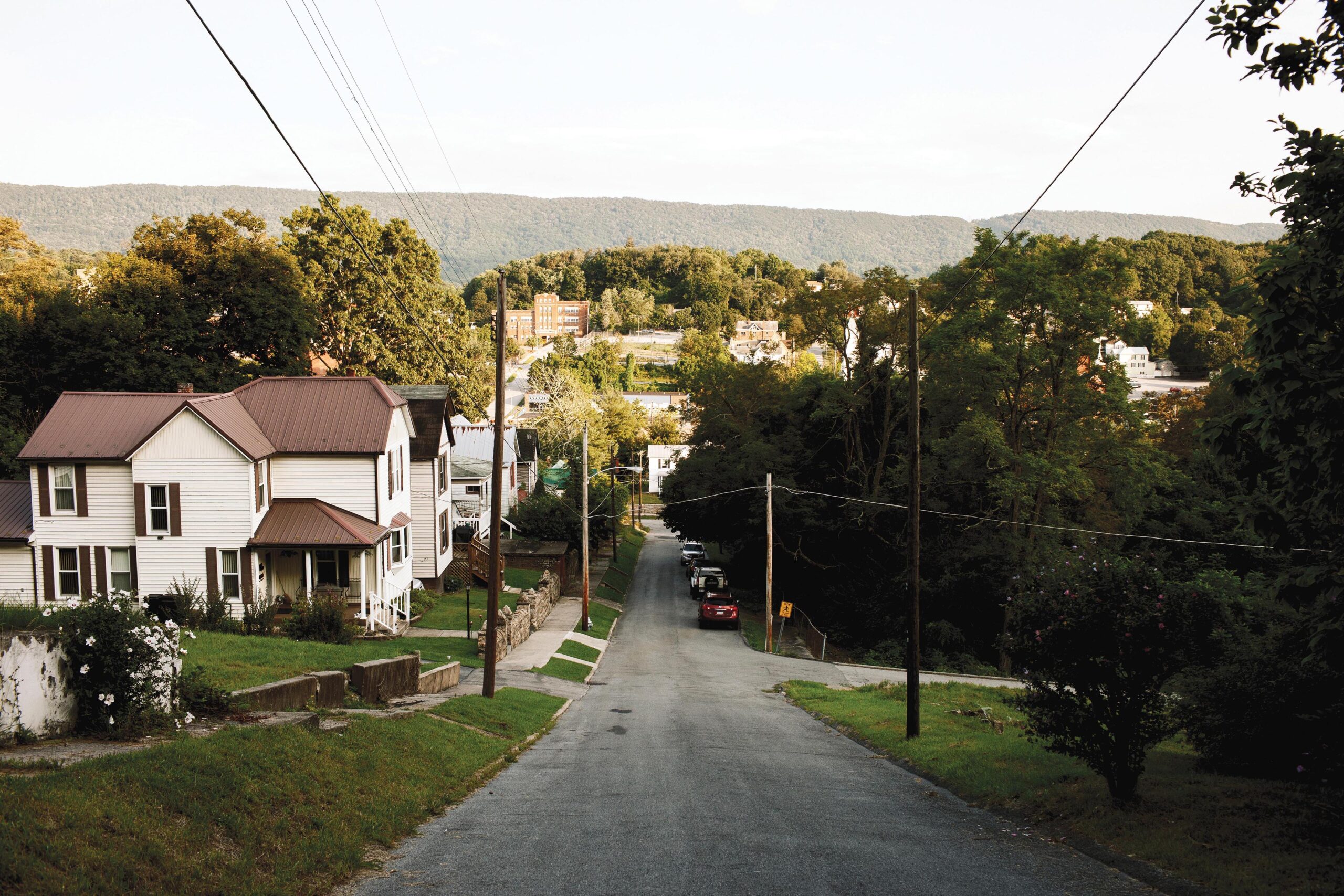Okay, sure, the misunderstood artist bit gets tiring. The fact remains that misconceptions and stereotypes surround art and artists — especially in Christian circles. We asked some artists what one thing they wish church communities better understood about their work.
“Deep theological reflection through a visual means is critical to the Christian imagination. Visual art is also a language and holds as much power for many people as the written or spoken word. I would love to see visual art viewed as essential to telling the story of the gospel.
Kelly Kruse, painter
Kansas City, Missouri
“The job of the artist and the pastor are basically the same: Be transformed and then invite others into that transformation.”
Scott Erickson, visual artist
Portland, Oregon
“I wish pastors, or just people, knew that graphic design and photography are not just about ‘making things pretty,’ but it’s about communicating stories and messages and reflecting people or a culture in the most effective and compelling way.”
Elizabeth Thomas, photographer
Kansas City, Missouri
“It would be great if pastors recognized that my art is my vocation. Creating beauty is my calling and career. My painting is how I worship and work, pray and show compassion, and participate in God’s mission for the world. It is not a hobby!”
Kathy Self, painter
Highlands Ranch, Colorado
“The end product (song, painting, poem, book) is only the tip of the iceberg in terms of the time, effort, energy, and resources that went into making it. You’ll never see all the work that goes into creating.”
Jeremy Hoekstra, musician
Grand Rapids, Michigan
“I wish my pastor knew that our work in the arts has the power to infuse the words and symbols of our culture. A dynamic and significant partnership is needed between the church and the arts if anyone listening to a sermon at church will understand what the pastor is saying. Without this partnership, sermons are rendered entertainment without intended impact, as listeners hear the message as listening to a foreign, unknown language.”
Jeremiah Enna, executive director of a dance and theater conservatory
Olathe, Kansas
“That beautiful spaces have an impact psychologically and can be used to curate worship as well, without being iconographic. That creating beauty around us is simply a form of stewardship.”
Janae Leeke, historian and writer
Nashville, Tennessee





